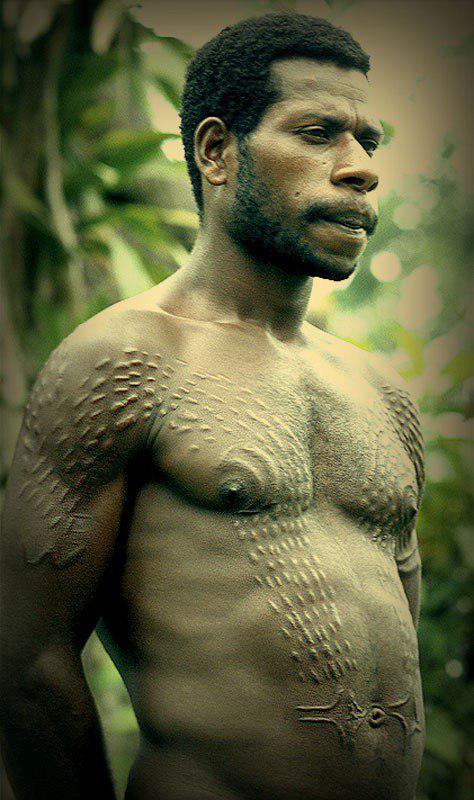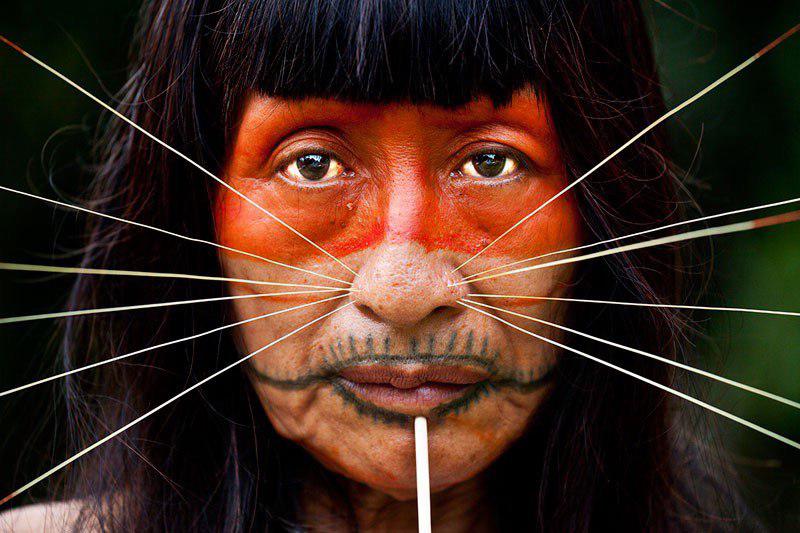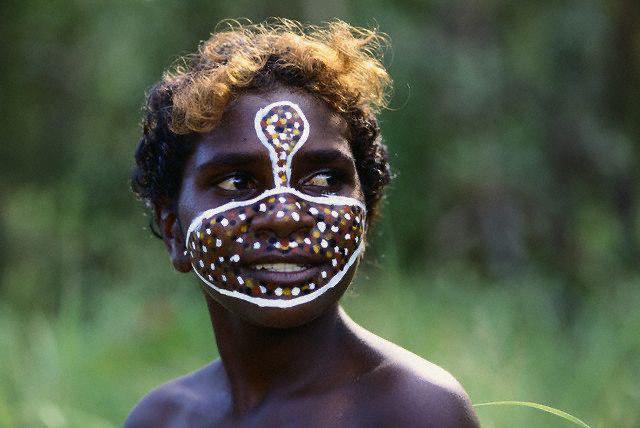The crocodile-man from Papua New Guinea whom you see on the picture below is more similar to a crocodile than to any other “human” living in a nearby community.

In turn, this cat-man from the Amazon rainforest is more similar to a jaguar than to any other “human” living in a nearby community.

Finally, this turtle-girl from north Australia is more similar to a turtle than to any other “human” living in a nearby community.

The English word “humanity” is usually taken to come from the Latin word humus, meaning “earth.” But things are a bit more complex than this. The Romans used the word “humanity” as equivalent to the Greek term paideia, “education,” to separate themselves from whom they called barbarians and savages. Romanitas and humanitas are synonyms for them. In short, they considered themselves to be the only humans.
Christianity later added its own nuance to this. From a Christian viewpoint, all men and women are descendants of Adam and Eve, whom God created and expelled from paradise due to their disobedience. It is with Christianity, therefore, that humanity became a universal notion. But this only meant that all men and women had to be converted to the Christian faith so as to recover their pre-fallen condition.
Before Christianity, then, humans were different from one another as much as a crocodile is different from a jaguar or a turtle. For differences are always embodied, or, better, they are always a question of bodies and embodiment: to each type of body—understood not as a figure with volume but as a collection of specific affects and habits—corresponds a different lifeworld.
Interestingly, indigenous conceptual worlds often lack any term meaning humanity. Everyone is people—different kinds of people. In a way, turtles, jaguars, and crocodiles are as humans as everyone else. This is also why cannibalism, in addition to being a practice, is something like a universal condition: you are a cannibal by eating a turtle, and a crocodile is a cannibal by eating you, since everyone is people, though people in different ways. Paradoxically however, strictly speaking no one is a cannibal if we define cannibalism as eating your own kind, since if you are, say, a turtle-girl, eating a crocodile-man does not exactly amount to eating someone of your kind.
If you find indigenous worlds intriguing, you can read Eduardo Viveiros de Castro’s Cannibal Metaphysics (2014).
